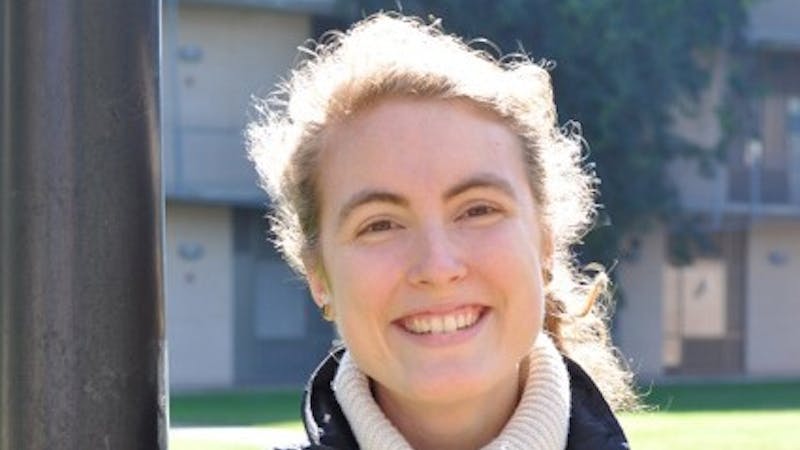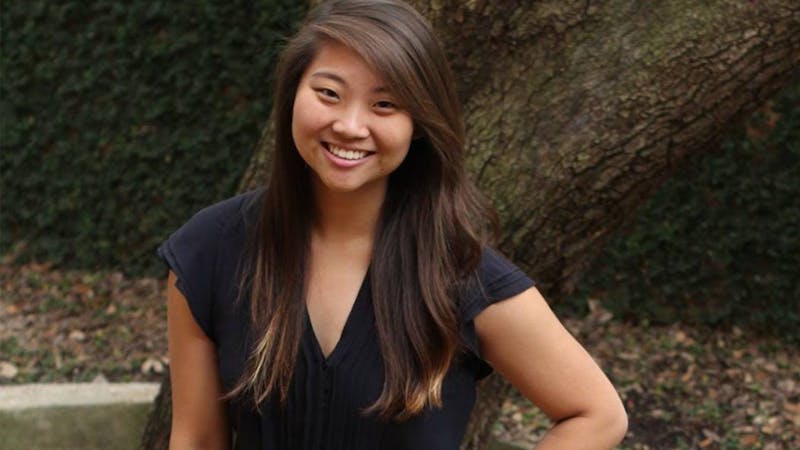The fall of empathy and rise of Donald Trump
If you’re like me, you’ve watched with dismay over recent months as Donald Trump sped to the front of the pack of Republican presidential nominee hopefuls. If you’re like me, you’ve bemusedly asked yourself, “Who is voting for this guy?” I’ve spent much time thinking about politics in my political science coursework and during internships in Congress, the U.S. Department of Education and the White House. But it wasn’t until I set aside politics and began thinking about my hometown, a small municipality in upstate New York, that an answer emerged: Donald Trump is winning because his campaign is founded on false empathy.



